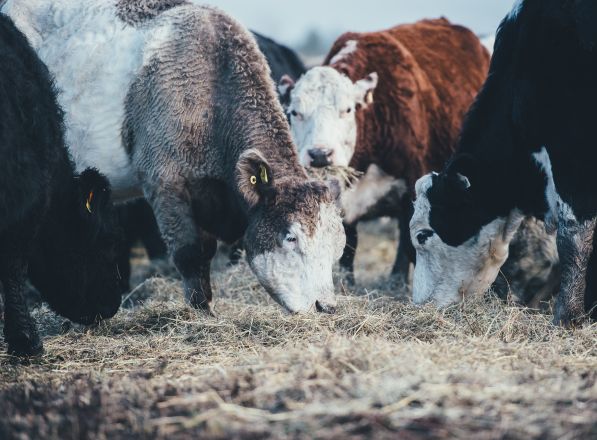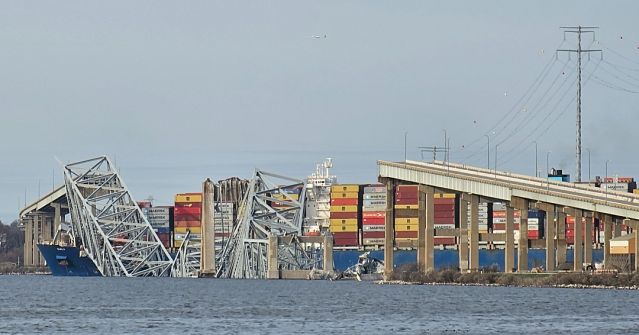New regulations governing the transportation of livestock in Canada have been in the works for a few years now. After a push from animal activists, the government has finally released updates to the Health of Animals Regulations-Humane Transportation.
Canada’s Food Inspection Agency (CFIA) has been extensively consulting with a number of groups while drafting these amendments. They consulted with the public, activist groups, farm groups, and transporters. The CFIA states these new changes are scientifically based to better reflect the needs of the animals and improve overall animal welfare.
According to the CFIA, “These new, stronger regulations include both prescriptive and outcome-based requirements that emphasize and improve the health and wellbeing of the animals during the entire transportation process. The amendments will also increase consumer confidence, strengthen Canada's international trade status and facilitate market access.”
The overall objective is to ensure animals arrive at their destinations safely and suitably hydrated, rested, and fed. A majority of the amendments target transportation times. The new regulations now include travel preparation and settling times in addition to the journey time. These regulations are more detailed than previous ones, including different needs of different animal times in terms of travel intervals, rest periods, and feeding schedules.
The new proposed changes would call for maximum travel times of 36 hours for grain and hay-fed cattle, down from the current 52 hours. Intervals for horses and pigs would be reduced to 28 hours from 36, and broiler chicken, spent hen, and rabbits would change to 24 hours down from 36.
These new regulations are set to go into effect in February 2020.
Some people in the livestock industry are concerned about the new regulations though. Alberta Beef Producers (ABP) and Canadians Cattlemen’s Association (CCA) provided comments to the CFIA on the proposal. They believe pressure from activists groups has resulted in unsatisfactory and unnecessary changes.
ABP and CCA feel that these new regulations may actually increase stress and risk of injury in the transported animals. The increased need for rest stops means that the animals will need to be unloaded more frequently in unknown areas, which could stress the animals or cause injuries.
These groups point out that there will need to be more rest stops available, which is one issue they highlighted to CFIA. There also used to be a grace period of 4-hours, which meant if they were near their destination they could push through without stopping. However, the regulations would set firm travel times.
According to Rich Smith, Executive Director of Alberta Beef Producers, "We have a very good record of transporting cattle. Agriculture and Agri-food Canada research shows that 99.95% arrive at their destination in good condition, so our concern here is that there isn't much room for improvement and there is a lot of room to go backwards and reduce the benefits for animals."
There is still a year before these new humane transportation regulations go into effect in Canada. The good news is that CFIA reports that approximately 98% of all livestock shipments are already in compliance with these new requirements. While not everyone is fully on board with these new changes, it’s great to see that the welfare of these animals is on everyone’s mind.



